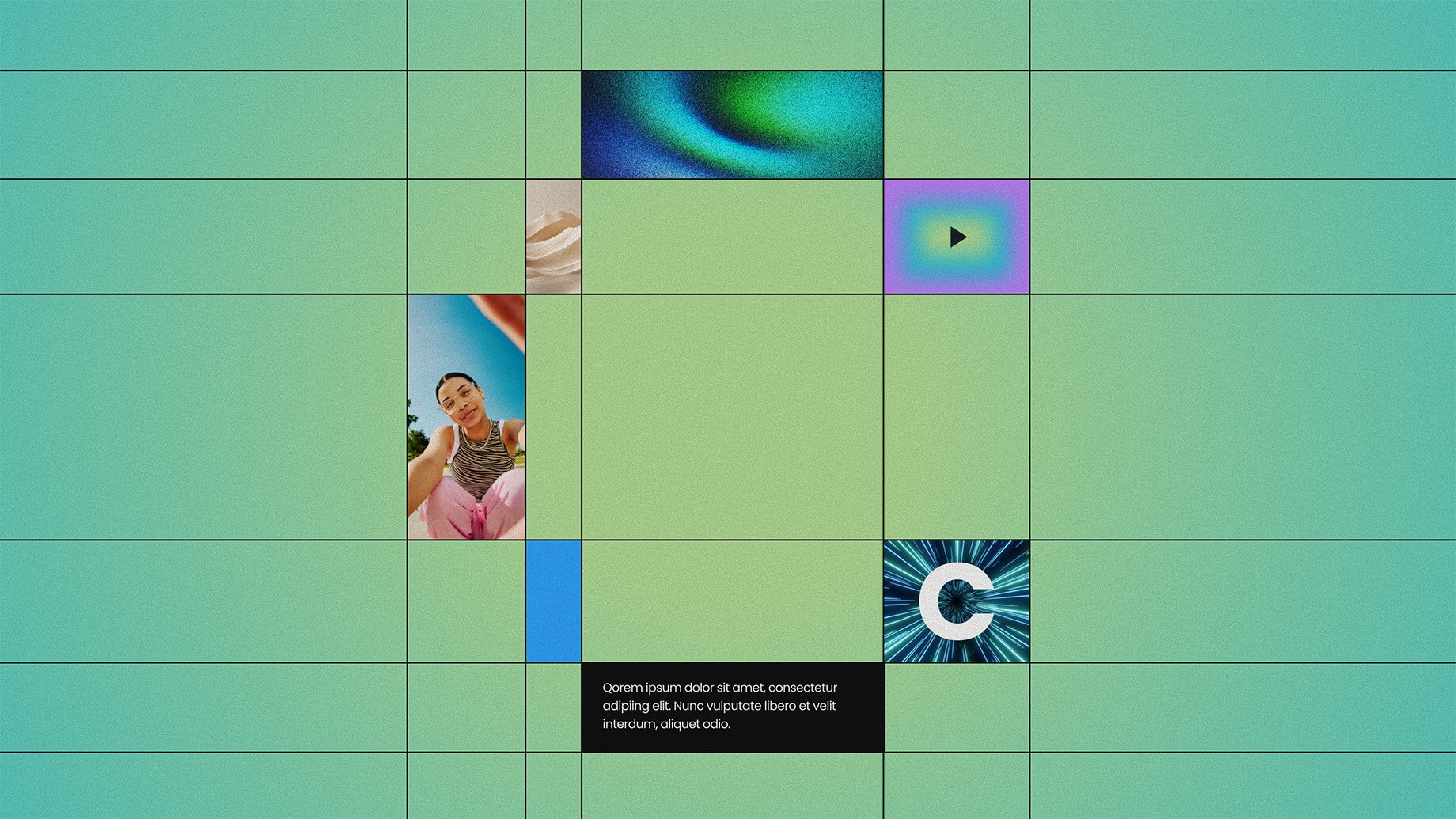Five times Facebook took on its competitors
It’s fair to say Facebook is still one of the most successful social media platforms out there. With over 2.6 billion users actively using the channel monthly; it’s still used extensively for both personal and commercial use. Not only that, but the company owns Instagram (with over 1 billion monthly users) and Whatsapp (over 1 billion users). It’s a powerhouse not to be reckoned with. One of the things that’s most interesting about its success though is how it continues to innovate itself; reacting and adapting to what’s happening within the digital market. But more often than not, its innovation comes from its competitors, not originality. So why do users continue to flock to the network in their billions? Here are five time times Facebook took on competitors (with some success):
TikTok > Reels
TikTok has dominated the social network market, being the most downloaded app of 2020 (almost reaching 2 billion downloads). With over 800 million monthly users, the social platform has entertained millions of people worldwide and has started to become a major advertising platform for brands. It’s already the 6th largest social network. Despite being trailed in Brazil in late 2019, Facebook finally released its competitor ‘Reels’ to over 50 countries in August 2020. This isn’t the first time Facebook has tried to release a competitor to TikTok though. It may have gone unnoticed in the UK, but in other countries, the company released something called Lasso; a 15-sec video creator (sound familiar?) – it’s safe to say it didn’t take off. Now, in their latest venture, Facebook hopes Reels will have the same success as TikTok.
Time will tell on this one, as it’s not the first time the company has released a similar feature that’s gone on to be more successful than its predecessor…
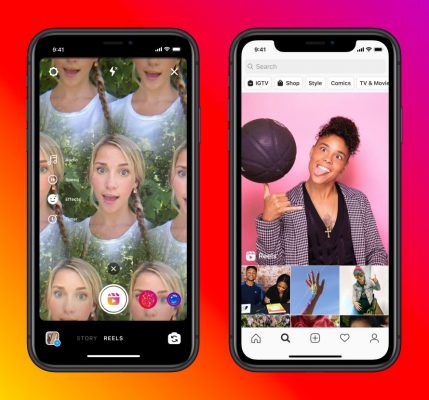
Zoom > Rooms
In the same way TikTok grew in popularity, so did video calling platform, Zoom. Used by businesses for the last few years, the platform became an overnight success thanks to quizzes, virtual events, meetings etc. for the majority of 2020. Shortly after it’s rise in popularity, the company released Rooms – marketed as a highly functional alternative to Zoom. Through Messenger you’re able to create a room with up to 50 members and have no time limit (Zoom only allows 40 minutes unless you have a paid subscription). WhatsApp has similar functionalities too. Here, Facebook took on something that was trending and made its own version.
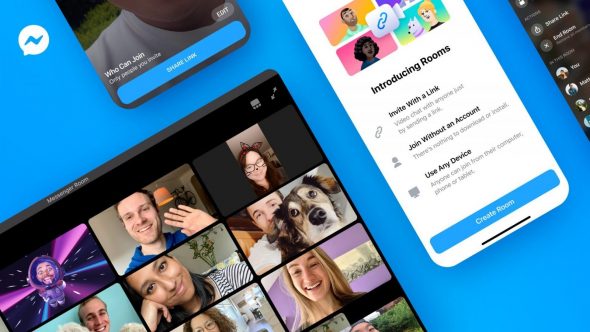
Pinterest > Hobbi
You may not have heard of Hobbi, but at one point it did exist. Hobbi was billed as a sort of competitor to Pinterest, a platform that has a decent following (despite being more niche). The Hobbi app would allow users to document their personal projects from initial set-up to completion (a kind of art board diary). It only launched in early 2020, but the experimental app failed to gain audiences in the US (it’s estimated under 10,000 people downloaded the app in the US). Low numbers and low development meant it was soon shelved as of June 2020.
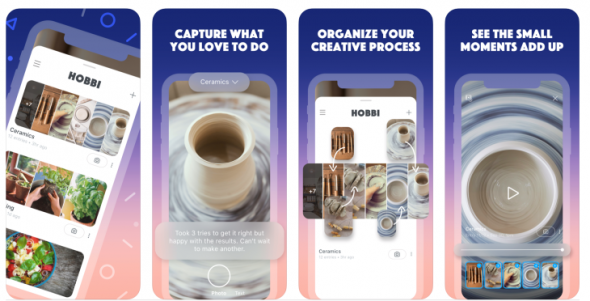
Snapchat > Instagram Stories
There was a time when everyone was on Snapchat. It seemed the photo/video sharing platform was onto a winner back in 2013. But soon after the company refused to be bought, Facebook launched Stories, allowing its users to post regular short videos that disappeared after 24 hours. This feature has now become a prominent fixture in Instagram’s audience; both on a personal and a commercial level. It’s hard to imagine the platform without this feature now. Snapchat users have been decreasing for a while now as it’s popularity has worn off, but Stories continues to thrive. In fact, it’s probably Facebook’s best innovative move to date, even though it’s a direct remake of an established idea. Alongside Instagram, Stories is a great way for brands to market themselves including:
- Repurposing marketing content (blogs, videos, podcasts etc.)
- Interacting with audiences; directly and extended
- Run paid ad campaigns on the platform
- Increase engagement
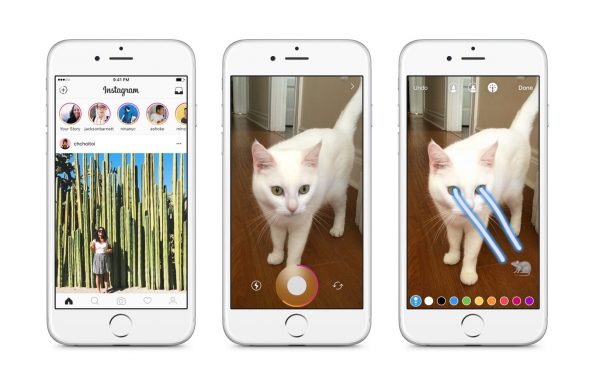
Etsy, Amazon > Shops
In early 2020 amidst the pandemic, Facebook announced it was to launch Shops on the platform (and on Instagram), allowing brands to sell their products through the social channels. Though Marketplace has been around for a while and the company had been trialling limited options through Instagram, this move was aimed more at businesses, allowing the company to expand its ecommerce presence. Time will tell how successful shops will be for the platform.
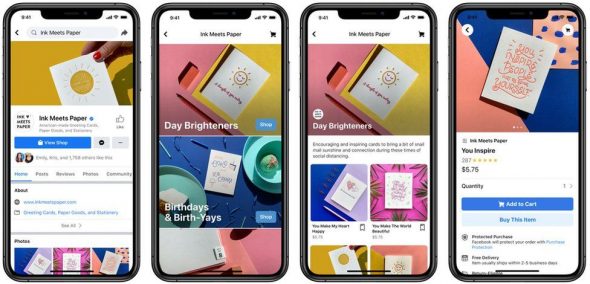
The trial and errors mean Facebook is still great for businesses
Facebook continues to be innovative; you can’t say its not fast-acting when it comes to rivalling their competitors. These examples show that it doesn’t get it right everytime, but every so often it does. Now, Instagram is the second most popular social media platform. Forbes recently claimed the photo sharing platform could become the go-to for businesses in 2020. But despite Facebook’s reputation it’s still an effective platform for businesses to market from.
Facebook is still widely used by the adult demographic, which holds great opportunities for businesses and brands. Through targeting your paid ad campaigns to building awareness, the social platform allows you to build a community of followers on your page, whilst also attracting interested external parties outside of your network. It’s more important than ever to be active on social, so why wouldn’t you still use the number one platform? According to Hootesuite, social networks are now the second most popular destination for internet users looking for information about brands and businesses, with only search engines topping that.
When creating your social media strategy it’s important to look at how Facebook can benefit your business. From posting engaging content (photos, videos, blogs etc.) to driving traffic to your website to building a virtual customer support system through the messenger feature. The platform allows you to reach audiences in more ways than your standard website could. Whether your B2B or B2C, there is a space for you to have your brand heard. Even though the competition is increasing, there are still major benefits to using Facebook. Given that it is always looking to develop the social network (albeit through competitor developments) you’re always going to be wondering what it’ll try and do next.
Whether you’re looking to create a new digital marketing strategy or improve your social presence we’d be happy to help! Email hello@www.gravityglobal.com for more information.
